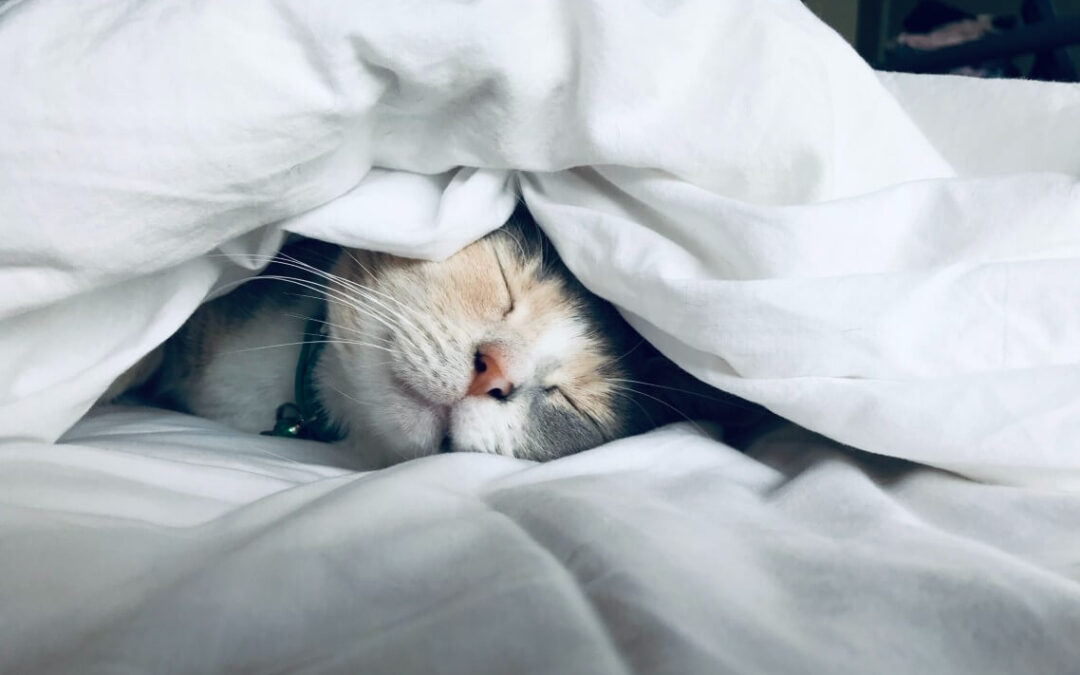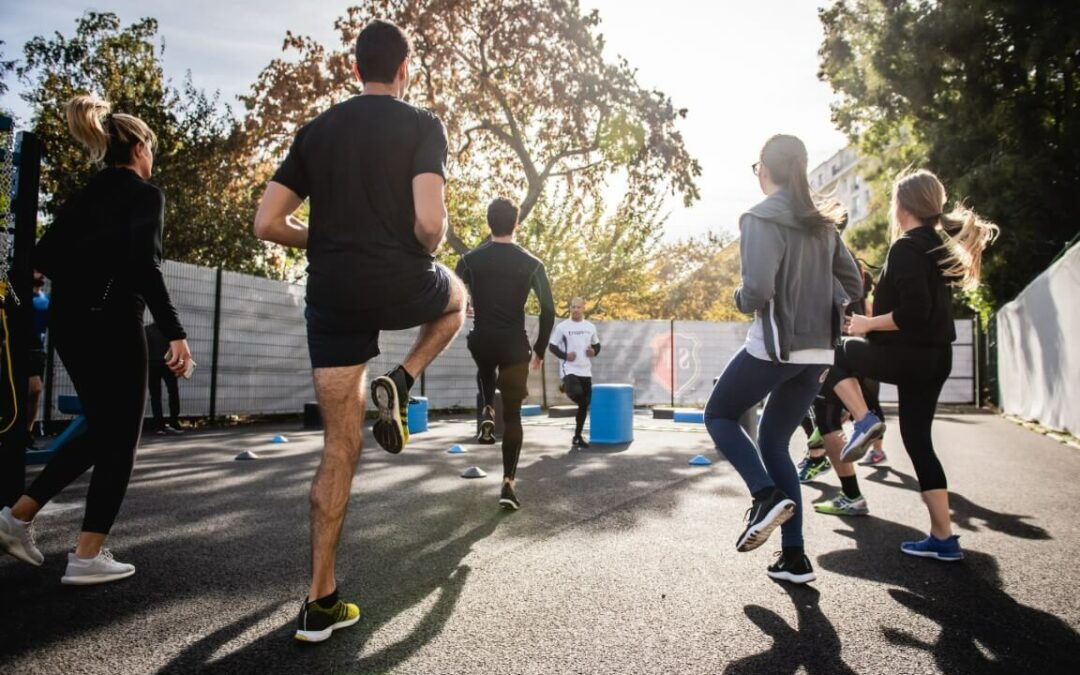Most of us have experienced some point in our lives where we have struggled to sleep. For the less lucky amongst us this can develop into chronic insomnia. However we now know that there are a number of preventative measures that you can take to reduce the likelihood of this happening. Let’s explore some of these principles and strategies.
Stimulus control
Although Stimulus control is usually reserved for the treatment of more chronic and long term insomnia, it is worth considering if you find that the sleepless nights are starting to clock up.
It involves unpairing the many activities that have become associated with the bedroom and the bed. When you habitually engage in any activities such as reading, watching TV, working in the bedroom and even lying in bed whilst awake, you are reinforcing wakefulness. This experience of wakefulness soon becomes automatically paired with the bedroom.
Therefore the objective of stimulus control is to ensure that the only thing that you are doing in the bedroom is sleeping in order to break this pattern. The central idea is to design your bedroom so that it becomes a shrine for sleep and sleepiness.
Sleep restriction
Sleep restriction once again is generally only used to treat longer term insomnia. It involves consolidating and compacting your sleep into one block. If you suffer with insomnia you probably spend a lot of time lying in bed staring restlessly at the ceiling hoping that sleep will appear. The objective of sleep restriction is to reduce this time.
By going to bed much later you put pressure on the body’s biological sleep drive which will increase your level of sleepiness and therefore the probability that you will fall asleep more quickly and stay asleep. The result is that you will experience higher quality sleep rather than broken sleep.
Whilst restricting your sleep seems counter intuitive it helps to improve your sleep efficiency as it significantly reduces the amount of time that you spend awake in bed. The focus is on quality of sleep over the amount of hours. Once you find that you are successfully falling asleep more quickly and staying asleep you can then gradually bring your bed time forwards again. Sleep restriction requires discipline but it is a well established and evidence based approach to effectively treating insomnia.
Sleep hygiene
Sleep hygiene refers to the range of good practices and habits that you can adopt to increase the likelihood that you will receive a restful and restorative night’s sleep.
It involves both adopting new habits as well as eliminating existing ones that are known to promote wakefulness. Examples include not consuming coffee in the evening and not watching TV or scrolling on your mobile phone before going to bed.
Relaxation training
If your body and brain are in a state of arousal it is less likely that you will fall asleep quickly and stay asleep. Relaxation training involves adopting a range of strategies that will help to lower these levels of arousal, leaving you feeling calmer and more likely to get a better nights sleep. Examples of these strategies can found in the MyMindPal app and include calming sounds and progressive muscular relaxation.
Cognitive therapy
Many people find that as the number of nights of poor sleep increases that they begin to chronically worry about the potential impact of this situation. This includes both shorter term concerns about how this lack of sleep may affect next day performance, mood and ability to cope with the demands of life as well as longer term worries about how it might be negatively impacting their health.
Lack of sleep results in the impairment of the part of the brain that is responsible for balanced, logical and rational thinking. Thinking in extremes and catastrophising are just some of the common examples of the ways in which our minds are impacted by sleep deprivation. Cognitive therapy helps to challenge and balance these thoughts. Exercises that can help to challenge unhelpful thoughts that interrupt your sleep can also be found in the MyMindPal app.
Lying in and early nights
As well as being aware of the things that you can do that might help you to sleep, it’s also important to bear in mind the things that you perhaps shouldn’t do.
The latest research in the science of sleep suggests that the key factor in the development and continuation of insomnia is people trying to compensate for lost sleep. When we do things like get an early night after a poor night’s sleep, nap in the afternoon or have a lie in, we interfere with the body’s internal sleep drive.
That’s not to say that we should never do these things. For the majority of us, doing these things won’t create a problem. However if you tend to struggle with your sleep then it’s worth considering avoiding these behaviours to bring your sleep back into balance.
Expert thoughts…
Here is a final word on the subject from Khody Damestani, therapist and co-founder of mental fitness company, MyMindPal.
“It has been a very challenging couple of years for many of us. One of the outcomes of the stress and uncertainty of recent times for many people has been difficulty sleeping.
It is important to know that there are things that you can do that can help you to avoid this becoming a long term problem.
Along with your mental fitness routine, it can also be helpful to develop a sleep routine that incorporates some of the exercises which can be found in our app that have been shown to promote good sleep.”









